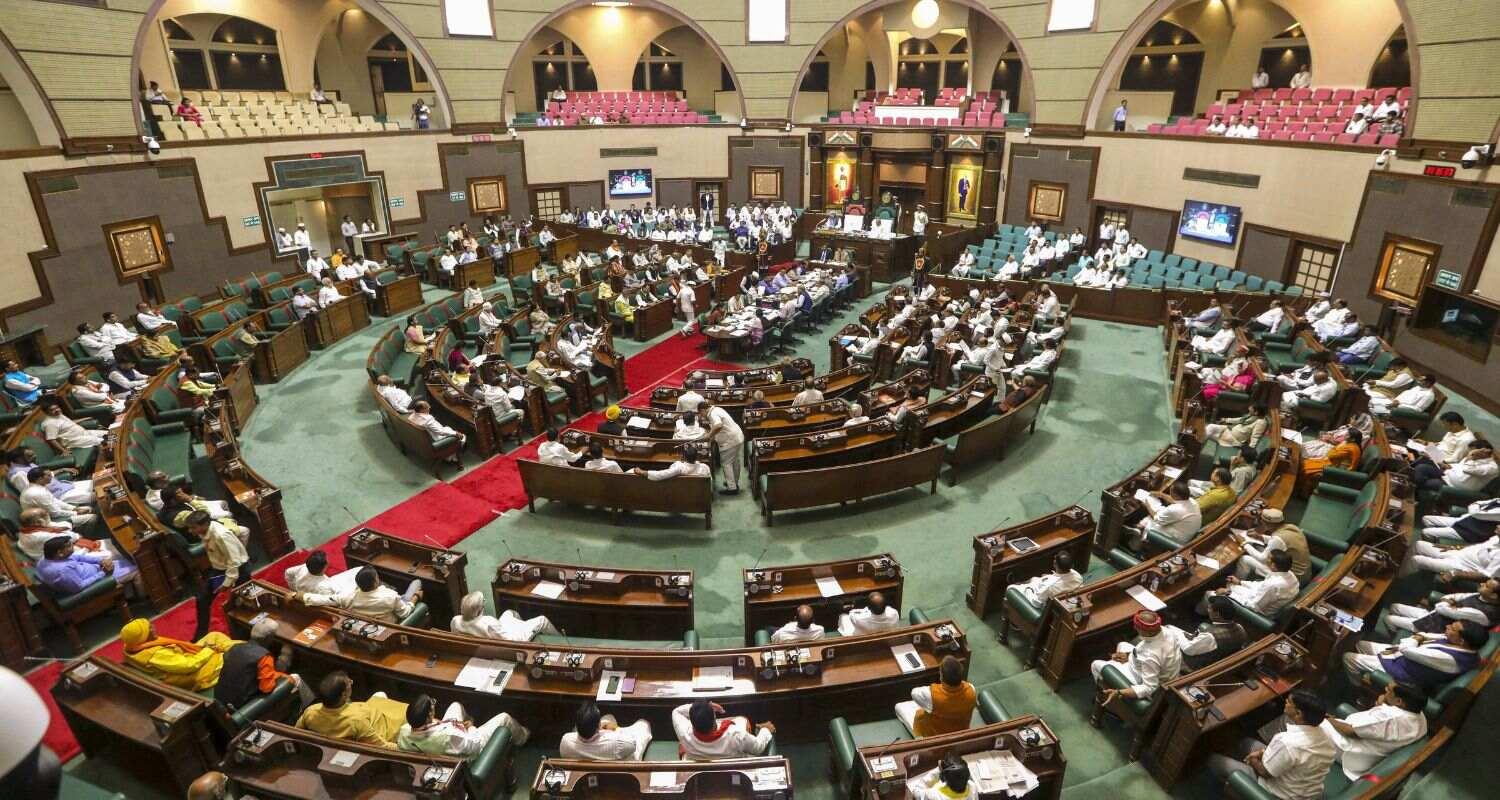In a move aimed at easing the legal burden on citizens and businesses, the Bharatiya Janata Party-ruled Chhattisgarh government has passed the Jan Vishwas Bill in the State Assembly, amending 163 provisions across eight different acts. The initiative seeks to foster a smoother, more responsible environment for trade and daily life by replacing criminal penalties with fines for minor violations. Officials said the measure would reduce the fear of criminal litigation for technical lapses and promote voluntary compliance, while retaining strict penalties for serious breaches.
Chhattisgarh has now become only the second State in the country to pass such legislation after Madhya Pradesh. The reforms are intended to dismantle outdated colonial-era laws that often resulted in avoidable criminal proceedings for minor infractions.
“This marks a paradigm shift. The State, in one attempt, has eased the burden on the judicial system by cutting down avoidable litigation and sparing citizens from criminal proceedings for minor lapses,” a government spokesperson told this newspaper.
“It will also help curb corruption and needless harassment.”
Among the Acts amended are the Urban Administration Department laws, the Nagar Tatha Gram Nivesh Act, the Society Registration Act, the Chhattisgarh Industrial Relations Act, the Chhattisgarh Excise Act, and the Chhattisgarh Cooperative Society Act.
Chief Minister Vishnu Deo Sai described the enactment as a significant reform towards trust-based governance.
“On the lines of the Indian Judicial Code brought under the leadership of Prime Minister Narendra Modi, Chhattisgarh has now become the second State after Madhya Pradesh to pass the Jan Vishwas Bill. It’s an important step towards achieving the goals based on the ‘Viksit Rajya for Viksit Bharat’ theme,” he said.
The State government said the focus is on making employment and business easier while protecting traders and ordinary citizens from unnecessary judicial processes in non-criminal cases.
Before passing the Bill, the government gathered feedback from legal experts, industrial representatives, business houses, officials, and other stakeholders to ensure the law addresses practical challenges.


